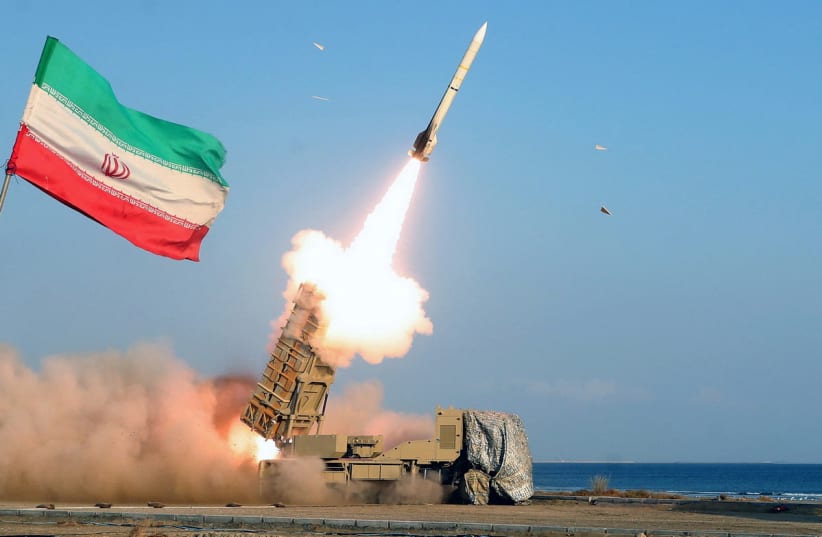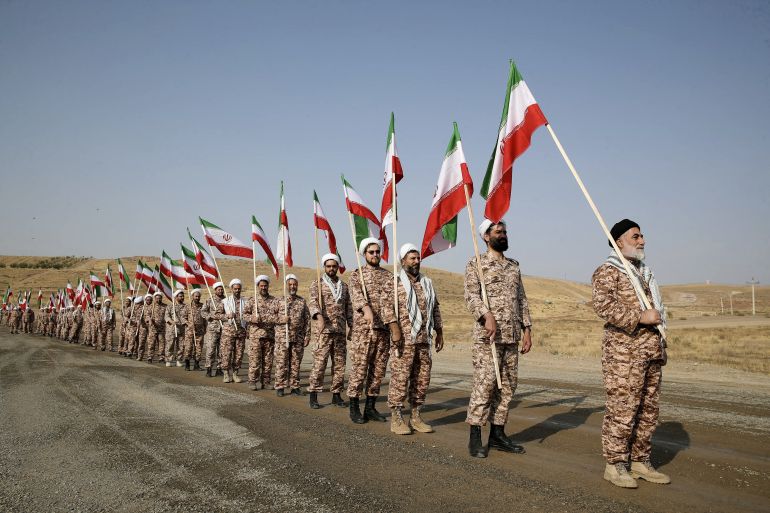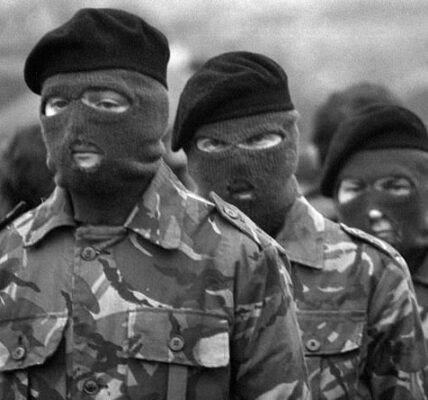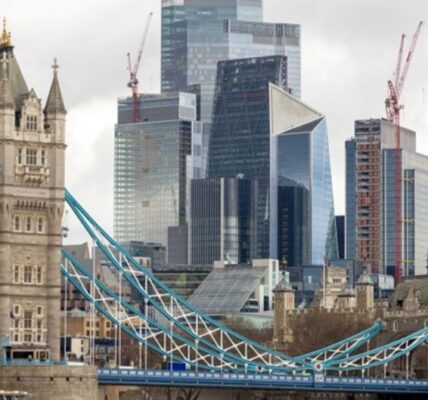The threat Iran poses to British society requires urgent action – Policy Exchange.
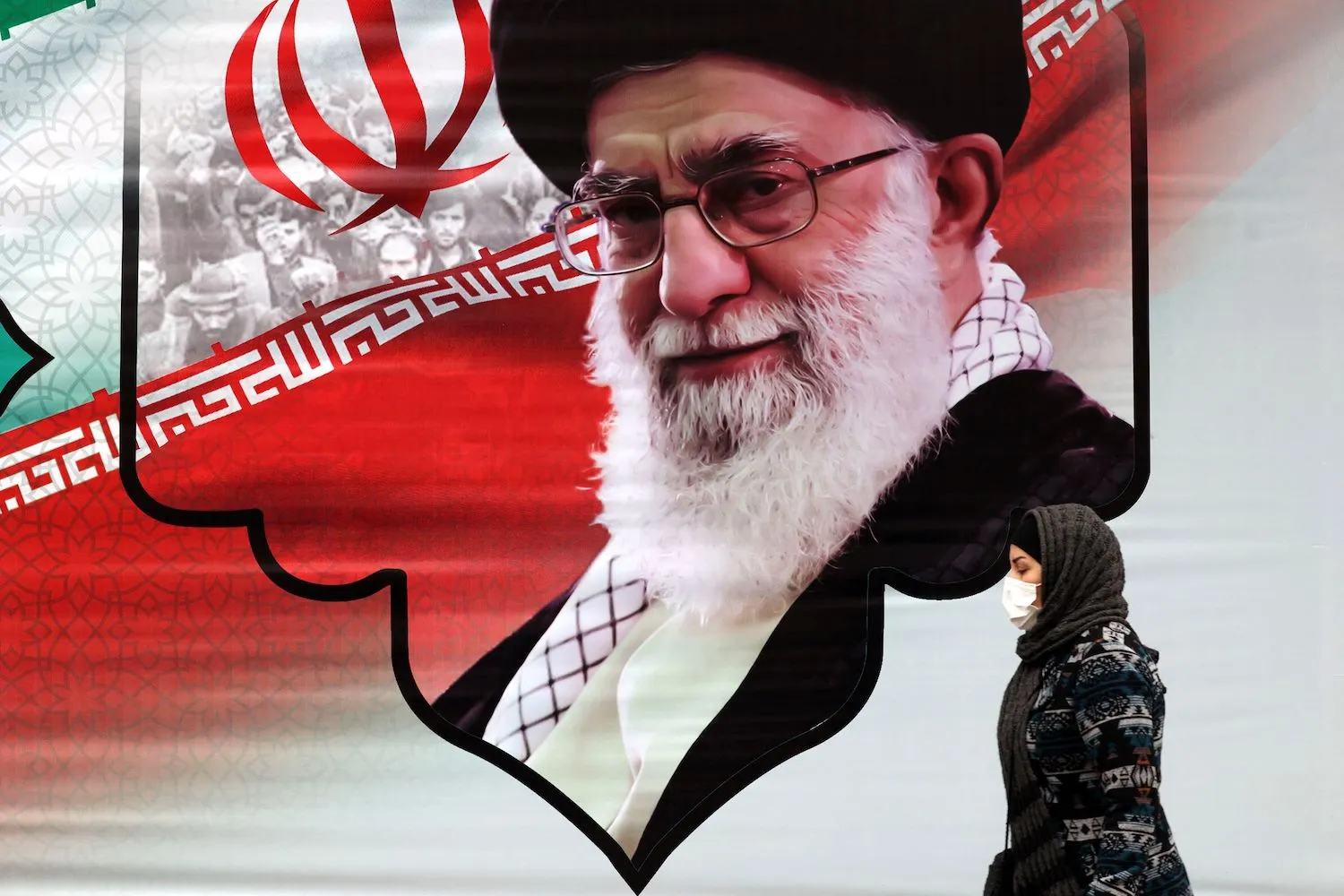
Iran poses a “multidimensional threat to British society” requiring “urgent action”, an influential think tank has stated.
The report by the Policy Exchange also said that the Islamic Centre of England Ltd (ICEL) located in Maida Vale in West London, was the “UK nerve centre” of Iranian influence within the UK.
The think tank disclosed that the Islamic Centre of England’s imam Seyed Hashem Moosavi, is a direct representative of Iran’s supreme leader, while the centre has been described as the “London office” of the Islamic Revolutionary Guards Corps by Alicia Kearns, the Tory MP and chairwoman of the foreign affairs select committee.
Dr Paul Stott, the paper’s author added: “ICEL is not merely some dry, arid religious institution, rather it sits at the centre of a substantial network of Iranian influence operations within this country.
The report, released after Iran’s drone and missile attack on Israel, added that London is now host to a number of pro-Iranian activists and groups who have taken to the streets in support of the Islamic Republic.
The report added: “Iran considers itself a central player in the Palestinian struggle. In periods of heightened conflict such as have occurred recently, Iran and its supporters have sought to influence protests, and protest movements within the UK.”
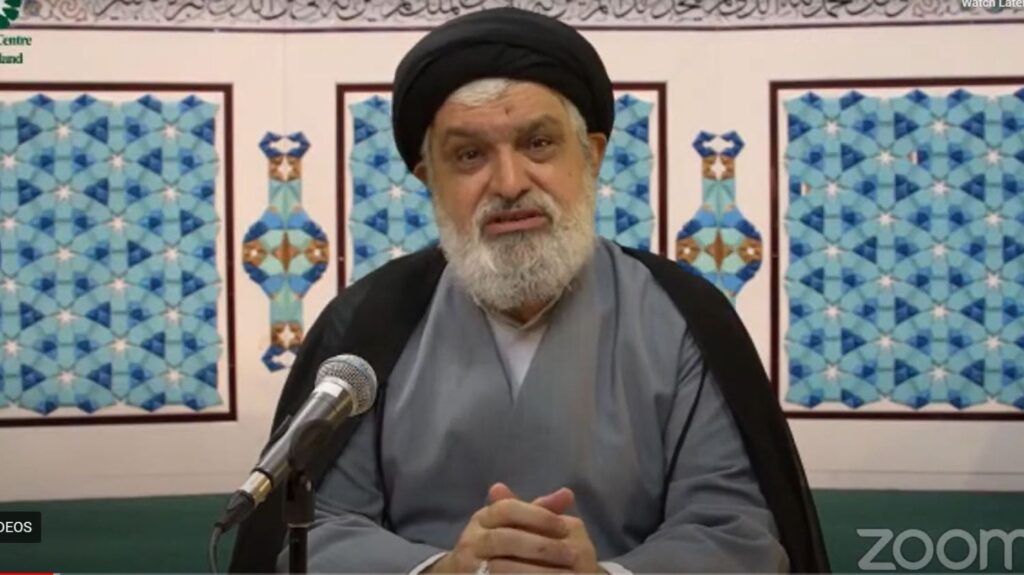
Policy Exchange, which helps shape some government policy, also called on the security agency MI5 to take more action to prevent the Iranian regime from infiltrating the population.
The report called Tehran Calling – The Iranian Threat to the UK, also added Iranian religious officials should be barred from obtaining British visas as they are allegedly provoking extremism. The think tank also called for the Islamic Revolutionary Guards Corps to be proscribed under UK terrorism laws “in large part to ensure that contact between it and British citizens is effectively criminalised”.
“It is vital though that proscription is not a glass ceiling, as it has been in the past, but instead serves as a spur for further action,” it added.
David Cameron, the Foreign Secretary, condemned the malign influence waged by Iran in the wake of Saturday’s attacks on Israel and promised further steps by the UK to tackle the IRGC’s role.
“We’ve sanctioned the IRGC, the Iranian Revolutionary Guard, in its entirety, and we’ll continue to look at what further steps we can do,” Lord Cameron said.
The Policy Exchange report follows a series of serious terror threats allegedly from Tehran’s operatives against the independent Iran International television station, based in London, and the stabbing of one of its journalists, Pouria Zeraati, last month.
The report says the country is also seeking to “wield significant social and cultural influence” by imposing blasphemy codes and creating institutions that “project power and influence” on behalf of Iran.
With Iranian flags flying at pro-Palestinian protests in this country, the report stated that Iran “constitutes a multidimensional threat to British society – one which requires urgent government action”.
For the first time the report named Hashd Al Shaabi militias, known as the Popular Mobilisation Forces, as hosting pro-Iranian activists who were particularly active in London.
Iran’s supporters were also looking to influence major protests in Britain but there was “limited evidence the authorities have fully scoped this reality”.
Senior clerical figures closely tied to the ruling regime had travelled freely between Tehran and London, and that had continued despite Tehran imprisoning British citizens such as Nazanin Zaghari-Ratcliffe.
The report urged the government to no longer issue visas to Iranian nationals who worked at ICEL or to the country’s clerics. “Iran is a hostile, clerical state,” it said.
It called on Home Secretary James Cleverly to order MI5 and the Home Office to counter Iranian subversion in the UK “as an immediate priority”.
“This should include a focus on Iranian efforts to shape pro-Palestinian protests, which are likely to negatively impact UK social cohesion and counter-extremism policies,” it warned.
Furthermore, MI5 should provide an annual threat statement, covering the types of extremism it is countering.
The statement should cover trends in Islamic extremism as well as far-right organisations and threats from states such as Iran.
Policy Exchange highlighted Germany’s Federal Office for the Protection of the Constitution, which produces a similar annual report.
“The Home Secretary must request the same of MI5,” the report said.
The ICEL was approached for comment.

